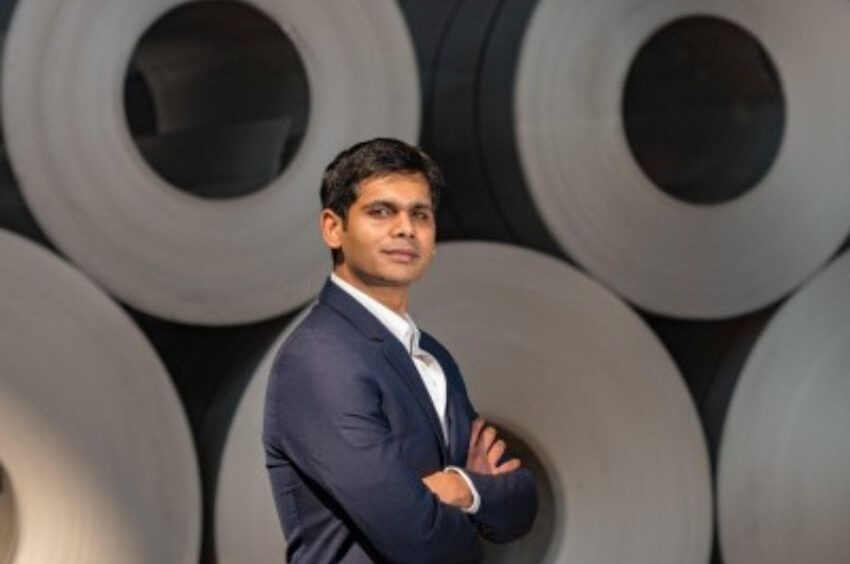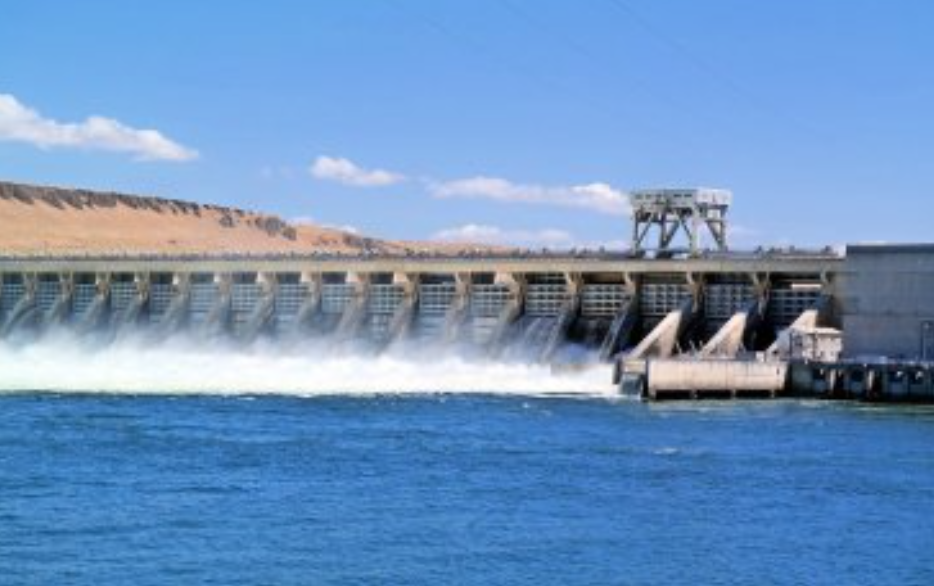Separate Stainless Steel Policy And Taxonomy In Works, Reveals Abhyuday Jindal

Jindal Stainless MD says 80 per cent of Hissar plant will run green by December; separate policy and taxonomy for stainless steel in discussion with Centre
India’s steel sector is on the brink of a transformative shift, with a strong push toward green technologies and self-reliance, said Abhyuday Jindal, President, Indian Chamber of Commerce (ICC) and Managing Director of Jindal Stainless (JSL), and revealed that stainless steel, which has distinct production requirements inspite of grouped under the broader steel category, and a separate taxonomy and national stainless steel policy are in the works in coordination with the Government of India
He said, “We are already working with the government of India to come up with a separate national stainless steel policy, and also a special taxonomy for stainless steel.”
He claimed that JSL’s Hissar plant will achieve 80 per cent green operations by December 2025, powered by 100 MW of round-the-clock renewable energy and supported by 300 Nm³/hour of green hydrogen.
He noted that while certain fuel-based processes cannot yet be transitioned, the company is actively exploring biomass and other carbon-neutral alternatives to close the remaining gap.
“I am very happy to say that by December this year, 80 per cent of our plant will be green. Already, we are having 300 Nm³ of green hydrogen there. The only area where we will not be 100 per cent is still fuel-based, which we cannot immediately transfer, but that technology and that process is already underway,” he said.
Jindal also drew attention to India’s pioneering role in unveiling the world’s first taxonomy on green steel, which categorises steel products based on carbon emissions per tonne. He said this move would soon impact government procurement processes, encouraging producers to improve their sustainability credentials.
On the challenges of transitioning to green steel, Jindal acknowledged the financial burden currently borne by manufacturers. “It is a cost. Even now, we are not seeing the end customer being willing to pay for it. All the cost that is happening to transition into more and more green steel is being borne by the company,” he said, comparing the situation to Europe, where governments offer generous subsidies.
Citing Sweden’s H projecybritt – the world’s first fossil-free steel plant using green hydrogen – Jindal said such projects are made possible only with robust government support. “That has not come into India till now,” he remarked, but added that India is moving in the right direction with missions like the Green Hydrogen Mission and Production Linked Incentive (PLI) schemes.
He also highlighted the global shift toward protectionism in steel, referencing measures being taken by countries with traditionally low domestic production, like the Middle East and Canada. “There was substandard Chinese material coming in, sub-convention from Vietnam was happening… Our government is taking a clear view – there is enough capacity in the country, we can produce any kind of grade,” Jindal said.


































































































































































































































































































































































































































































































































































































































































































































































































































































































































































































































































